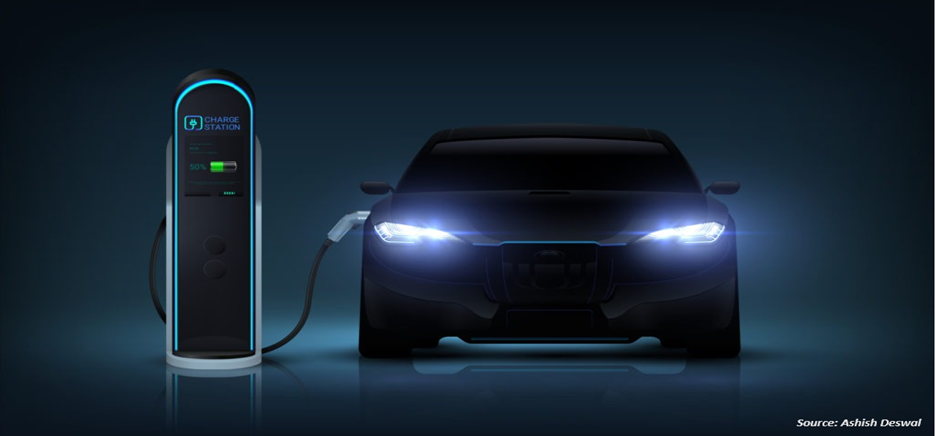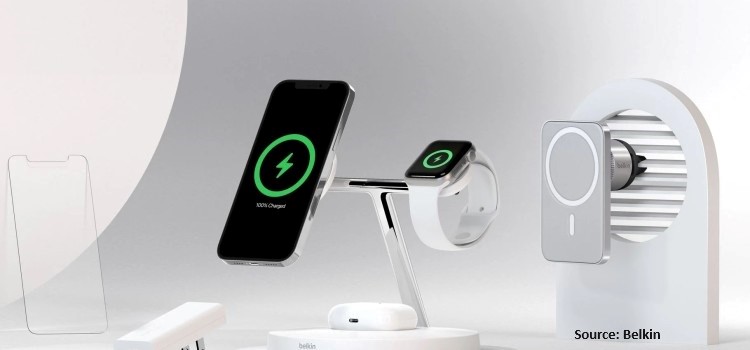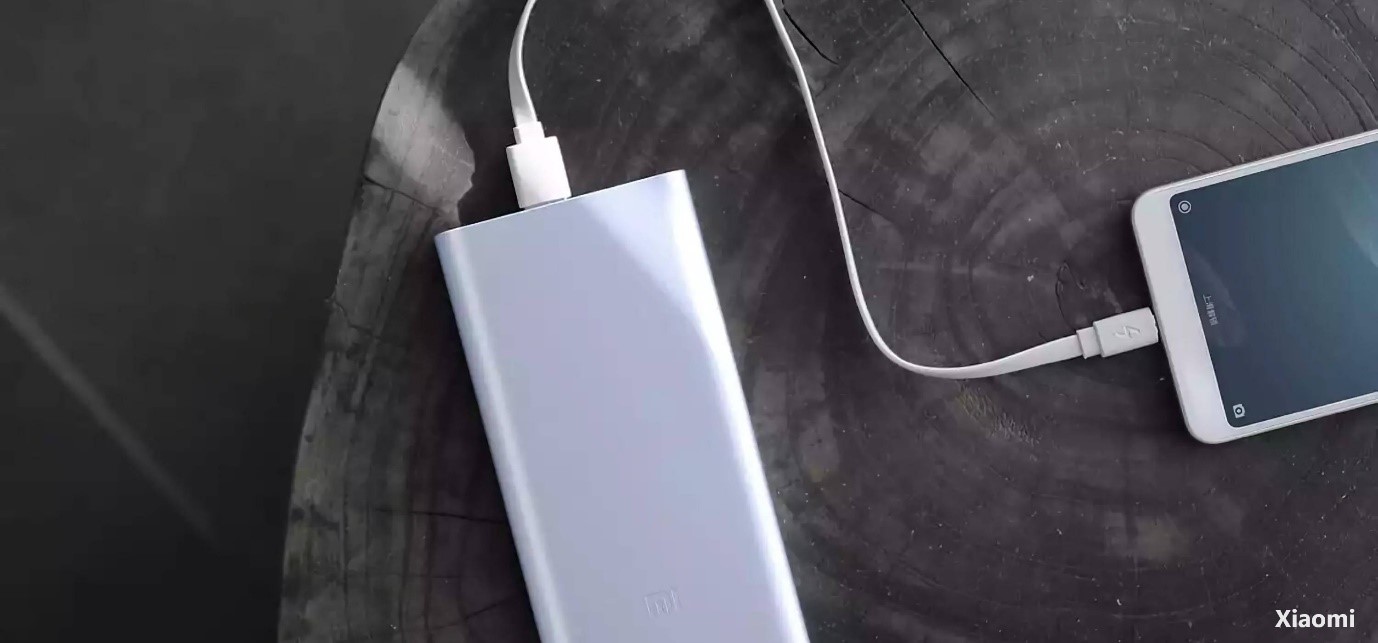
Netherlands Battery Market by Type (Lead Acid, Lithium Ion, Nickel Metal Hydride, Nickel Cadmium, and Others), by Application (Residential, Industrial, and Commercial), and by Power Systems (Fuel Cell Batteries, Proton-Exchange Membrane Fuel Cells, Alkaline Fuel Cells, Phosphoric Acid Fuel Cells, Solid Oxide Fuel Cells, Molten Carbonate Fuel Cells, Air Cells, Flywheel Energy Storage, Nuclear Batteries) – Opportunity Analysis and Industry Forecast 2023-2030
Industry: Energy & Power | Publish Date: 15-Aug-2023 | No of Pages: 78 | No. of Tables: 55 | No. of Figures: 27 | Format: PDF | Report Code : N/A
Market Definition
Netherlands Battery Market was valued at USD 1.53 billion in 2022, and is predicted to reach USD 5.07 billion by 2030, with a CAGR of 16.2% from 2023 to 2030.
A battery functions as a device that stores energy and subsequently releases it by converting chemical energy into electrical energy. Commonly, batteries generate electricity through the utilization of one or multiple electrochemical cells. Batteries are classified into two types: primary batteries, and secondary batteries. A primary battery is a non-rechargeable, simple and convenient power source for several portable electronic and electrical devices like lights, cameras, watches, toys, radios, and others. On the other hand, a secondary battery is also called a rechargeable battery, as it can be electrically recharged after discharge. Batteries have become an essential source of energy in our day-to-day life. The development of advanced technologies, including smartphones, tablets, laptops, solar power, and electric vehicles (EVs), led to the introduction of powerful batteries that can last longer and deliver the necessary energy.
Addressing Evolving Electricity Challenges: Netherlands' Government Initiatives
The increasing utilization of weather-dependent renewable power sources including solar and wind energy, coupled with a significant demand shift towards greater electrification, is giving rise to novel challenges in effectively providing and managing electricity amidst high demand. In response to these challenges, the government of Netherlands has unveiled multiple initiatives that involve the establishment of battery energy storage systems (BESS) within the nation. These systems are designed to swiftly store and distribute power to the grid, aiming to address these emerging concerns. For instance, in 2020, the EU announced TYNDP plan to facilitate the region’s climate and energy goals. The Ten-Year Network Development Plan (TYNDP) is a long-term plan, released on a 2-yearly basis as per EU regulation on electricity transmission grid.
Enhanced Battery Technology: Driving Diversified Applications and Market Expansion
The battery industry is undergoing a transformative phase driven by continuous technological advancements that are reshaping the landscape of energy storage solutions. These ongoing innovations are introducing remarkable improvements in battery technology, rendering them more appealing and versatile across a multitude of applications. This trend is significantly bolstering the expansion of the battery market in Netherlands.
Safety Issues Regarding Battery Usage in Netherlands
Improper handling of batteries carries a range of risks to both human health and the environment. The incorrect disposal of used or drained batteries is a prevalent practice, resulting in their deposition in landfills where they gradually break down, releasing hazardous substances. As these batteries deteriorate over time, they emit chemical elements that can infiltrate the soil, adversely affecting both surface water and groundwater. As a result, this pollution disrupts the ecosystem, endangering aquatic plants and animals that come into contact with detrimental battery elements like mercury, cadmium, lithium, and lead. Consequently, these issues are expected to hinder the growth of the battery market in the region.
Introduction of Nano-Diamond Batteries (NDB) in Multiple Industries
The growing adoption of Nuclear Diamond Batteries (NDBs) across various sectors including automotive, aerospace, and electronics is positioned to create fresh avenues in Netherlands's battery market. NDBs represent a groundbreaking leap in energy generation and storage, fundamentally reshaping conventional battery concepts. These batteries showcase remarkable endurance by harnessing the energy derived from the radioactive decay of nuclear waste. The trajectory of Netherlands's battery market is being shaped by the compelling attributes of NDBs, which encompass their compact form, adaptability, cost-efficiency, and scalability across a wide array of applications, ranging from compact chipsets to expansive industrial setups. Functioning as advanced diamond-based alpha, beta, and neutron voltaic batteries, NDBs offer a consistent source of clean energy for a diverse spectrum of applications, surpassing the performance of traditional chemical batteries.
Competitive Landscape
The Netherlands battery industry includes several market players such as LG Chem Ltd., CATL, Samsung SDI Co. Ltd., BYD, SKI, ENVISION AESC GROUP LTD., Gotion High tech Co Ltd, Primearth EV Energy Co., Ltd., China Aviation Lithium Battery Co., Ltd., Panasonic Corporation.
Key Benefits
-
The Netherlands battery market report provides a quantitative analysis of the current market and estimations through 2023-2030 that assists in identifying the prevailing market opportunities to capitalize on.
-
The study comprises a deep dive analysis of the market trend including the current and future trends for depicting the prevalent investment pockets in the market.
-
The information related to key drivers, restraints, and opportunities and their impact on the market is provided in the report.
-
The competitive analysis of the market players along with their market share in the Netherlands battery market.
-
The SWOT analysis and Porter’s Five Forces model are elaborated in the study.
-
Value chain analysis in the market study provides a clear picture of the stakeholders’ roles.
Netherlands Battery Market Key Segments
By Type
-
Lead Acid
-
Stationary
-
Motive
-
-
Lithium Ion
-
Lithium Nickel Manganese Cobalt (LI-NMC)
-
Lithium Iron Phosphate (LFP)
-
Lithium Cobalt Oxide (LCO)
-
Lithium Titanate Oxide (LTO)
-
Lithium Manganese Oxide (LMO)
-
Lithium Nickel Cobalt Aluminum Oxide (NCA)
-
-
Nickel Metal Hydride
-
Nickel Cadmium
-
Others
By Application
-
Residential
-
Industrial
-
Manufacturing & Construction
-
Automotive
-
Medical
-
Telecom & IT
-
Consumer Electronics
-
Power & Utility
-
Aerospace
-
Marine
-
Others
-
-
Commercial
By Power Systems
-
Fuel Cell Batteries
-
Proton-Exchange Membrane Fuel Cells
-
Alkaline Fuel Cells
-
Phosphoric Acid Fuel Cells
-
Solid Oxide Fuel Cells
-
Molten Carbonate Fuel Cells
-
Air Cells
-
Flywheel Energy Storage
-
Nuclear Batteries
REPORT SCOPE AND SEGMENTATION:
|
Parameters |
Details |
|
Market Size in 2022 |
USD 1.53 billion |
|
Revenue Forecast in 2030 |
USD 5.07 billion |
|
Growth Rate |
CAGR of 16.2% from 2023 to 2030 |
|
Analysis Period |
2022–2030 |
|
Base Year Considered |
2022 |
|
Forecast Period |
2023–2030 |
|
Market Size Estimation |
Billion (USD) |
|
Growth Factors |
The growing government incentives The adoption of hybrid vehicles |
|
Companies Profiled |
10 |
|
Market Share |
Available for 10 companies |
|
Customization Scope |
Free customization (equivalent up to 80 working hours of analysts) after purchase. Addition or alteration to country, regional, and segment scope. |
|
Pricing and Purchase Options |
Avail customized purchase options to meet your exact research needs. |
Key Players
-
LG Chem Ltd.
-
CATL
-
Samsung SDI Co. Ltd.
-
BYD
-
SKI
-
ENVISION AESC GROUP LTD.
-
Gotion High tech Co Ltd
-
Primearth EV Energy Co., Ltd.
-
China Aviation Lithium Battery Co., Ltd.
-
Panasonic Corporation




 Speak to Our Analyst
Speak to Our Analyst

































